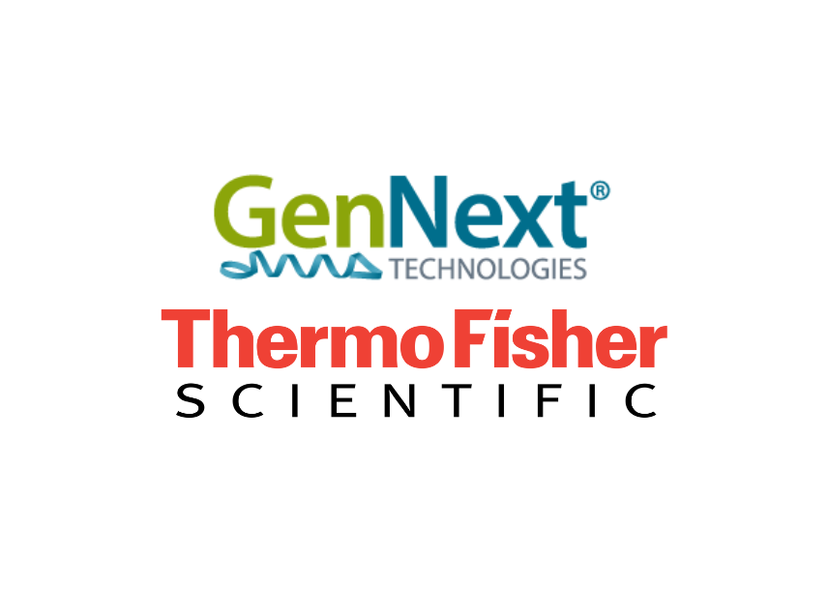GenNext Technologies and Thermo Fisher Scientific unite to simplify structural biology
New workflow streamlines protein structural analysis and supports the growing role of AI in drug discovery
3 Jul 2025
GenNext® Technologies is collaborating with Thermo Fisher Scientific to provide a simplified structural biology workflow designed to improve biotherapeutic development.
The organizations are combining GenNext’s AutoFox® Protein Footprinting System with Thermo Fisher’s liquid chromatography-mass spectrometry (LC-MS) solutions, particularly Thermo Scientific™ Orbitrap™ instrumentation, sample preparation technology and other structural proteomics consumables, such as crosslinkers and fluorescence labels, to create a powerful, end-to-end workflow solution for researchers working on complex protein structure and drug interaction studies.
High-resolution insights, simplified workflow
The integrated workflow delivers high-resolution insights into protein structure and dynamics — essential for optimizing drug safety, efficacy and delivery. It also offers researchers a valuable toolset to help validate structural models generated by artificial intelligence (AI), an emerging frontier in drug discovery.
The workflow begins with GenNext’s AutoFox system, which uses Radical Protein Footprinting to map protein shape, flexibility and binding interactions in near-native conditions. This structural information is then captured with high sensitivity and precision using Thermo Fisher’s Orbitrap mass spectrometers, supported by EasyPep™ Sample Prep Kits and Tandem Mass Tag reagents to enhance consistency, enable replicate pooling and maximize protein coverage.
Leveraging the Thermo Scientific™ Orbitrap™ Astral™ mass spectrometer further uplifts the workflow by providing fast throughput, high sensitivity and deep proteome coverage to expedite protein discovery and characterization.
Data is processed using GenNext’s FoxWare® Software and Thermo Scientific’s Proteome Discoverer software, creating a seamless workflow from sample preparation to analysis and interpretation. The result is a simplified yet robust solution for structural biology research, especially important for the development of biologics and biosimilars.
Supporting the next generation of drug discovery
While AI tools are accelerating drug discovery by predicting protein structures and drug interactions, these predictions require experimental validation to become useful. The GenNext–Thermo Fisher workflow supports this effort by enabling researchers to efficiently test and refine AI-generated models — an approach already successfully demonstrated by GenNext’s researchers and clients.
This ability to combine speed, precision and real-world validation positions the workflow as a powerful asset in both traditional and AI-enhanced drug development.
